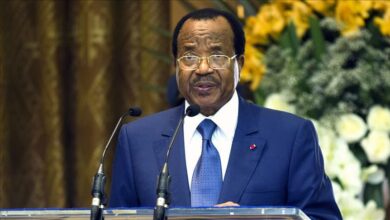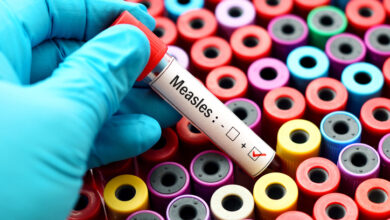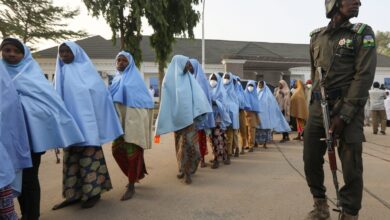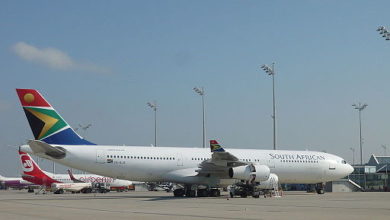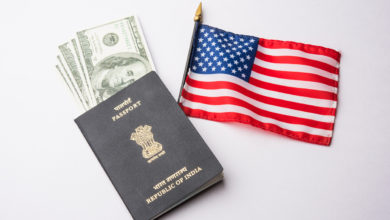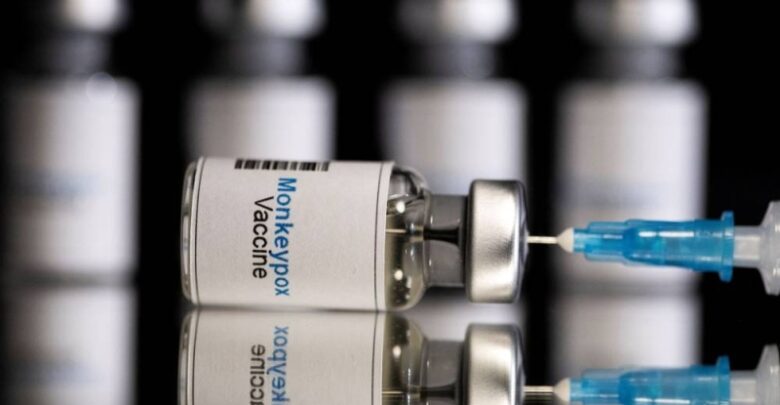
The World Health Organization (WHO) on Thursday said it is working with national health authorities in various African countries to bolster surveillance and laboratory diagnosis to detect monkey pox cases and stop the spread of the virus, reported The New Times.
The statement comes after three African countries with no previous history of human monkey pox transmission reported cases recently.
According to data collected by the WHO, the continent has reported 1821 cases in 13 countries, as of 28 June, of which 109 are laboratory-confirmed in nine countries. The number of confirmed cases accounts for 2% of the more than 4500 confirmed cases globally. About 81% of the cases have been reported in the Democratic Republic of the Congo (DRC), underlining the need for increased diagnostic capacity.
“The geographic spread of monkeypox to parts of Africa where cases have never been detected before is a worrying sign,” said Dr Matshidiso Moeti, WHO Regional Director for Africa, said during a virtual press conference. “It is critical that we support national efforts to boost surveillance and laboratory diagnosis, which are the cornerstones of disease control.”
Moeti warned that richer countries already appear to hoarding vaccines, as they did during the COVID-19 pandemic. She said all African countries should also have fair access to vaccines.
In related news, Africa’s top public health agency, Africa CDC, on Thursday said the continent has no vaccines for monkeypox and test kits are in short supply,
“Both of these tools… are really required on the continent,” Ahmed Ogwell Ouma, from the Africa Centers for Disease Control and Prevention (Africa CDC), told a news conference.
He said monkeypox is an emergency on the African continent. He urged international organizations and countries to come together with Africa to control the outbreak.
Monkeypox is not yet a global health emergency, the WHO ruled on Saturday, although WHO Director-General Tedros Adhanom Ghebreyesus said he was deeply concerned about the outbreak.


